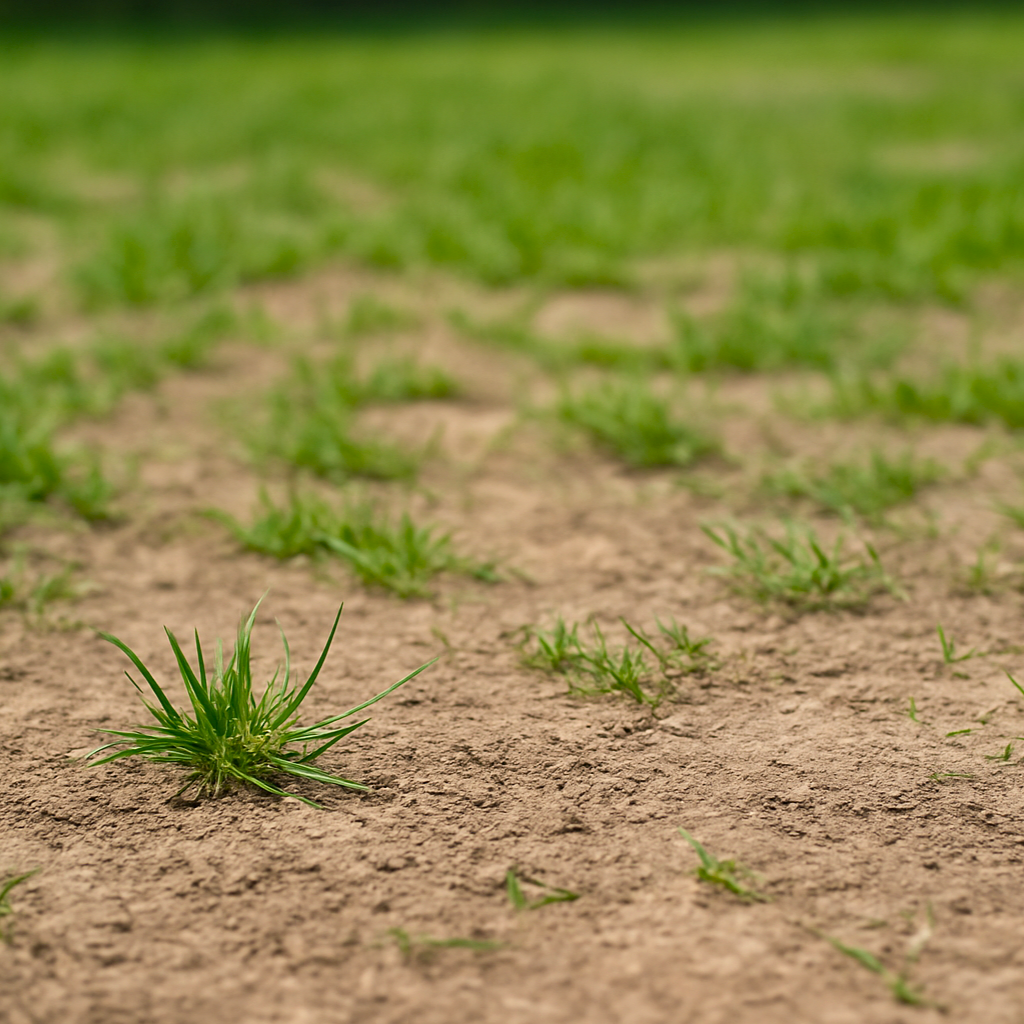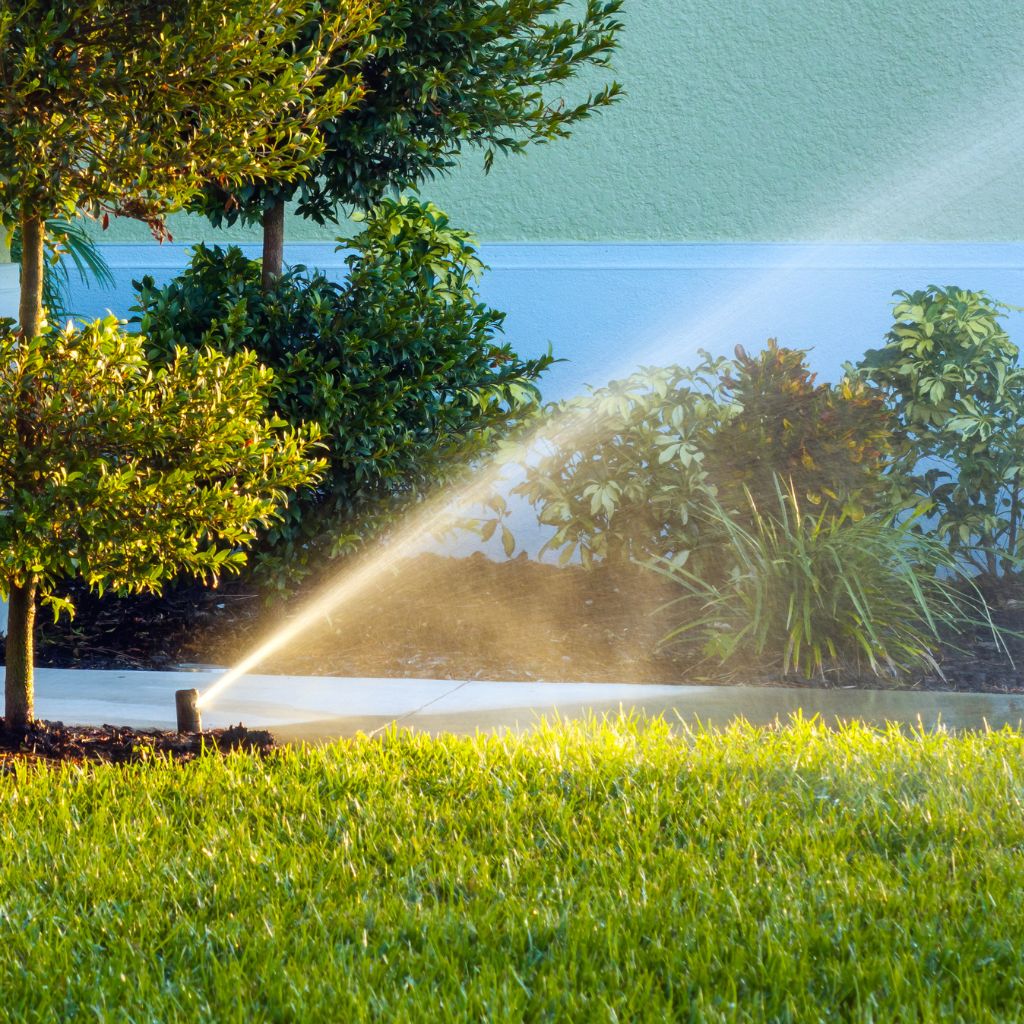The Truth About Lawn Fertilization: Timing, Types, and Tips
Posted: October 13, 2025
Bowman’s Best Blogs
The Truth About Lawn Fertilization: Timing, Types, and Tips
A healthy lawn starts from the ground up, and fertilization plays a key role in that process. But not all fertilizers, or schedules, are created equal. Understanding what your lawn actually needs helps avoid wasted effort and money while promoting strong, lasting growth.
Why Timing Matters
Fertilization isn’t a one-size-fits-all process. Cool-season grasses common in North Carolina, like fescue, benefit most from fertilizing in early fall and again in late spring. Warm-season grasses, such as Bermuda or zoysia, should be fertilized during their active growing months between late spring and summer. Applying fertilizer at the wrong time can cause stress, weak roots, or uneven color.
Choosing the Right Type
There are two main categories of fertilizer: synthetic and organic.
- Synthetic fertilizers provide quick results and precise nutrient control, ideal for lawns that need a fast boost.
- Organic fertilizers release nutrients slowly, improving soil structure and microbial activity over time.
The best option often combines both, giving immediate benefits while improving soil health for the long run.
Reading the Label
Every fertilizer has three numbers on the bag, such as 16-4-8. These represent nitrogen, phosphorus, and potassium percentages. Nitrogen promotes green color and leaf growth, phosphorus supports root development, and potassium improves overall strength and stress tolerance. The right balance depends on your grass type and soil conditions, which can be identified through a soil test.
Best Practices
Always apply fertilizer evenly using a spreader and water lightly afterward to help nutrients absorb into the soil. Avoid fertilizing before heavy rain to prevent runoff. Regular fertilization, done at the correct time and rate, keeps your lawn dense, vibrant, and naturally resistant to weeds.
Give Your Lawn the Nutrients It Deserves
The secret to a beautiful lawn lies in precision and timing. Professional lawn care takes the guesswork out of fertilization, giving your yard exactly what it needs when it needs it most.
910-264-5034
LAWN CARE
Landscape Installation
HArdscapes & Lighting









